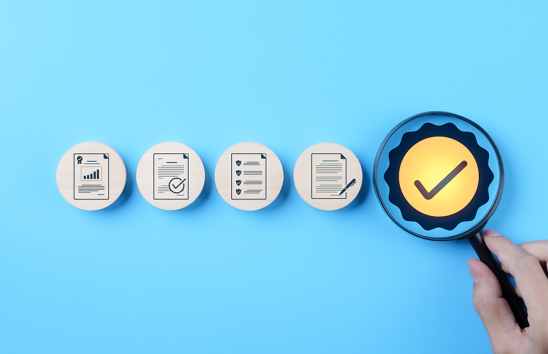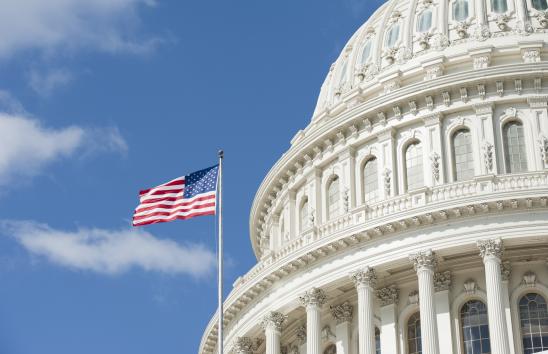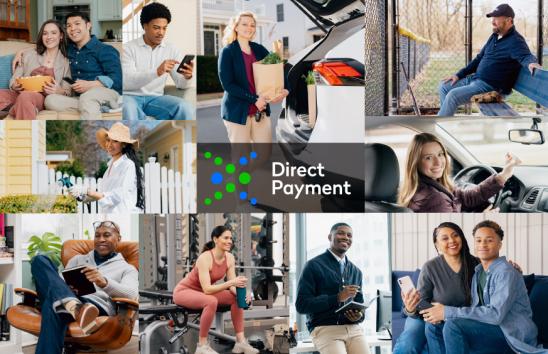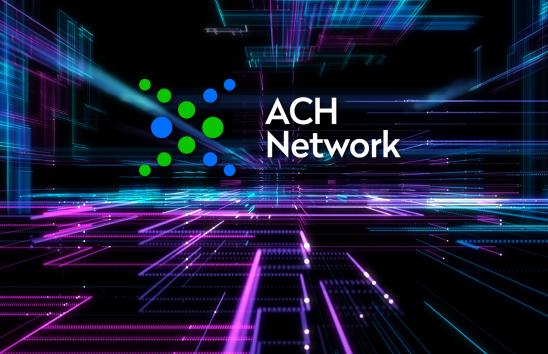Benefits of the ACH Network
The ACH Network is the backbone of the U.S. financial system and benefits consumers, businesses and government agencies. While many consumers are unaware of the name ACH, they are aware of electronic bank transfers, electronic funds transfers and similar terms. They use it to pay mortgages, college tuition and to receive their salary or wages.
Similarly, businesses use the ACH Network to pay bills and employees. Government agencies, for example, use it for Social Security benefits, economic impact payments and tax refunds. Additionally, the military was one of the first entities to tap into the ACH Network to distribute salaries via Direct Deposit.
So, whatever the name, ACH is there for consumers, businesses and government agencies.
Getting Paid by Direct Deposit
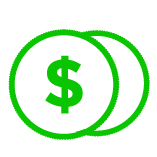
Employees can get their salary, wages, reimbursements, and benefit payments directly into their bank accounts, even when working remotely. They do not need to collect a paper paycheck in person or make a trip to the bank to deposit a paycheck and wait for funds to clear.
Learn more: directdeposit.org
Paying Bills on the Go
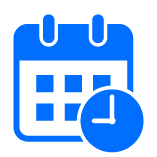
Consumers pay all kinds of bills – utilities, insurance, cable and internet, mortgages, car loans, credit cards, and more – online using ACH Payments. Most commonly, consumers pay bills directly at billing companies’ websites by authorizing ACH debits from their bank accounts. For those that are financially able, setting up automatic, recurring payments means that bills will never be paid late. Even monthly rent payments can benefit from being paid remotely and electronically, rather than in-person or by mail with a check.
Learn more: nacha.org/directpayment
Paying Suppliers and Vendors Remotely
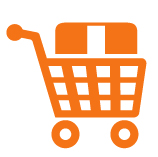
With COVID, many businesses moved away from paying suppliers and vendors by check, which typically required signatures that could not easily be obtained while working remotely. Paying suppliers and vendors by ACH generally can be accomplished remotely by accounting or accounts payable staff.
Learn more: nacha.org/business
Receiving Ongoing Donations
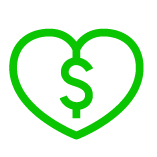
Nonprofits and religious organizations rely on donations, which can be disrupted when in-person services and fundraising events cannot be held. Nonprofits and religious organizations can ask donors to contribute remotely by ACH from their bank accounts on a recurring, monthly basis. This will help prevent the interruption of donations during times of emergencies or even vacations.
Learn more: nacha.org/nonprofits
Government Assistance Payments by Direct Deposit
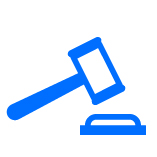
To supplement lost income and other challenges during COVID, many Americans received economic impact payments via Direct Deposit. Just as with other uses of Direct Deposit, recipients didn’t have to wait for a check to arrive in the mail, and then make a deposit and wait for funds to clear. The federal government already uses Direct Deposit extensively, as 99% of federal salary payments, 99% of Social Security benefits, and 91% of tax refunds are paid by Direct Deposit.
Learn more: nacha.org/directdepositdelivers
Unemployment Insurance by Direct Deposit
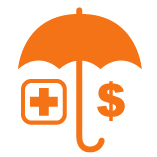
For people who are applying for and collecting unemployment insurance, receiving benefits by Direct Deposit offers the same advantages over paper checks as for payroll payments. Recipients have faster access to funds without having to deposit a paper check.
Learn more: nacha.org/directdepositdelivers
Tax Refunds and Other Refunds
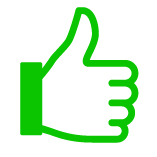
No matter the tax year, the quickest way to get a refund is through electronic filing and choosing Direct Deposit. It’s not just tax refunds that can be paid via Direct Deposit. For example, many colleges and universities had to issue refunds when classes were canceled due to COVID. Schools can make these payments by Direct Deposit to avoid the need for employees to be in the office to process and sign paper checks, and to ensure that recipients receive money directly in their accounts.
Learn more: nacha.org/taxrefunds
Paying Personal Service Providers
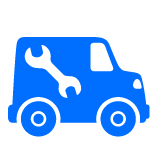
Many of us hire small businesses and individuals to perform personal services—things like lawn care and landscaping; babysitting; housecleaning; and pet care. While it may seem easiest to use cash or write a check, you can set up automatic payments to minimize worries—such as not having cash or checks on hand.
Learn more: nacha.org/directpayment
Medical Claim Payments

Hospitals, clinics, and medical and dental offices can receive claim payments by the Healthcare EFT (Electronic Funds Transfer) that uses ACH. As a national standard for the transaction under HIPAA, medical providers can require claim payments by ACH instead of receiving paper checks.
Learn more: nacha.org/healthcare
Put Savings on Autopilot
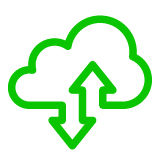
Financial professionals recommend that people have 3-6 months of savings to carry through an emergency. One of the easiest ways to do this is to put savings on autopilot by using Split Deposit, which sends a portion of a person’s pay to a savings account using Direct Deposit. Alternatively, a person could set up regular transfers from their primary account to a savings account, so that savings happen automatically.
Learn more: nacha.org/splitdeposit
